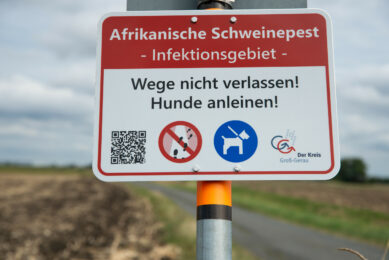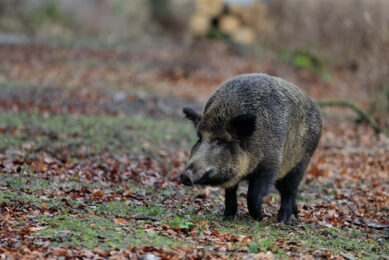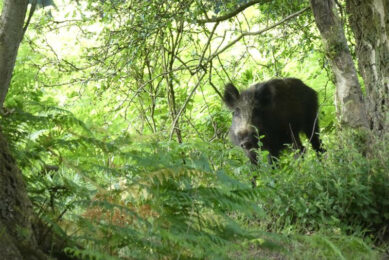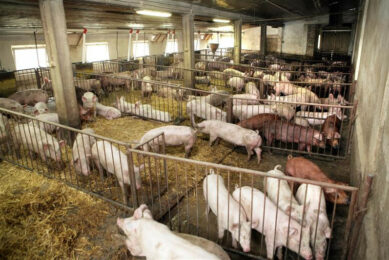After 40 years, ASF is back in the Dominican Republic
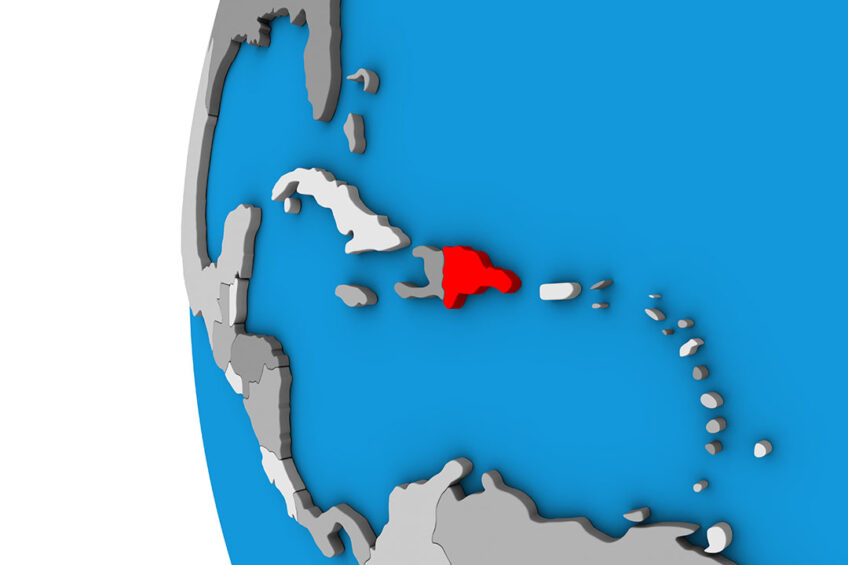
The United States Department of Agriculture (USDA) has confirmed that African Swine Fever (ASF) has been found in samples from pigs in the Dominican Republic, the agency said on Wednesday July 28.
The positive tests represent the first detection of the disease in the Americas in almost 40 years. The cases were confirmed by the USDA’s Foreign Animal Disease Diagnostic Laboratory, as part of a cooperative surveillance programme between the United States and the Dominican Republic.
The outbreaks were found on 2 different farms in 2 different provinces on 2 different dates. The initial positive sample was sourced on July 1, 2021 in La Mina, Monte Cristi province, in the west of the country at just over 20km from the border with Haiti. That farm had 827 pigs on-site of which at least 266 had tested positive.
Two weeks later, on July 14, another site tested positive, that was a backyard farm in La Breña, Sánchez Ramírez province, much more in the centre of the country, as the crow flies 170km south east of the initial farm. That facility only had 15 pigs on-site, of which 7 tested positive.
News agency Reuters reported that in total 389 samples were tested. According to a statement, the virus would be in “a small population of backyard pigs from Sánchez Ramírez and Monte Cristi provinces.”
Prohibiting pork imports from the Dominican Republic
According figures by the UN Food and Agriculture Organization (FAO), there were roughly 492,000 pigs in the Dominican Republic in 2019.
The US already prohibits imports of pork from the Dominican Republic as a result of presence of Classical Swine Fever. The agency said it is committed to helping the Dominican Republic with ASF and will offer assistance to neighbouring Haiti, which is at “high risk” as it is one of the world’s poorest countries.
According to Reuters, the US Customs and Border Protection is increasing inspections of flights from the Dominican Republic to ensure travellers do not bring prohibited products into the US.
Proximity of ASF worries US swine experts
In response to the news, Dr Liz Wagstrom, chief veterinarian of the US National Pork Producers Council, said, “The United States has significantly bolstered biosecurity to protect the US swine herd since ASF broke in China nearly 3 years ago and began spreading to other parts of the world.” She pointed to strengthened border protection and the implementation of an active surveillance programme.
In a statement, Dr Paul Sundberg, executive director of the Swine Health Information Center in the USA, told press agency Reuters: “The proximity of course is a concern.”
He added that it will be important to determine how the virus entered the country. He said, “Something happened with the Dominican Republic and we need to know what in order to make sure it does not happen here.”
Earlier outbreak of ASF in the Dominican Republic
The Dominican Republic is not completely unfamiliar with ASF. Between 1978 and 1980, the country also had outbreaks of African Swine Fever, albeit most probably a different strain then. Between 1978 and 1980 in total 192,000 pigs were culled after the virus was diagnosed on 374 locations.
Apart from the Dominican Republic, at the time also Cuba, Brazil and Haiti got infected. The last known report of ASF from the Americas dated from 1982 in Haiti.




